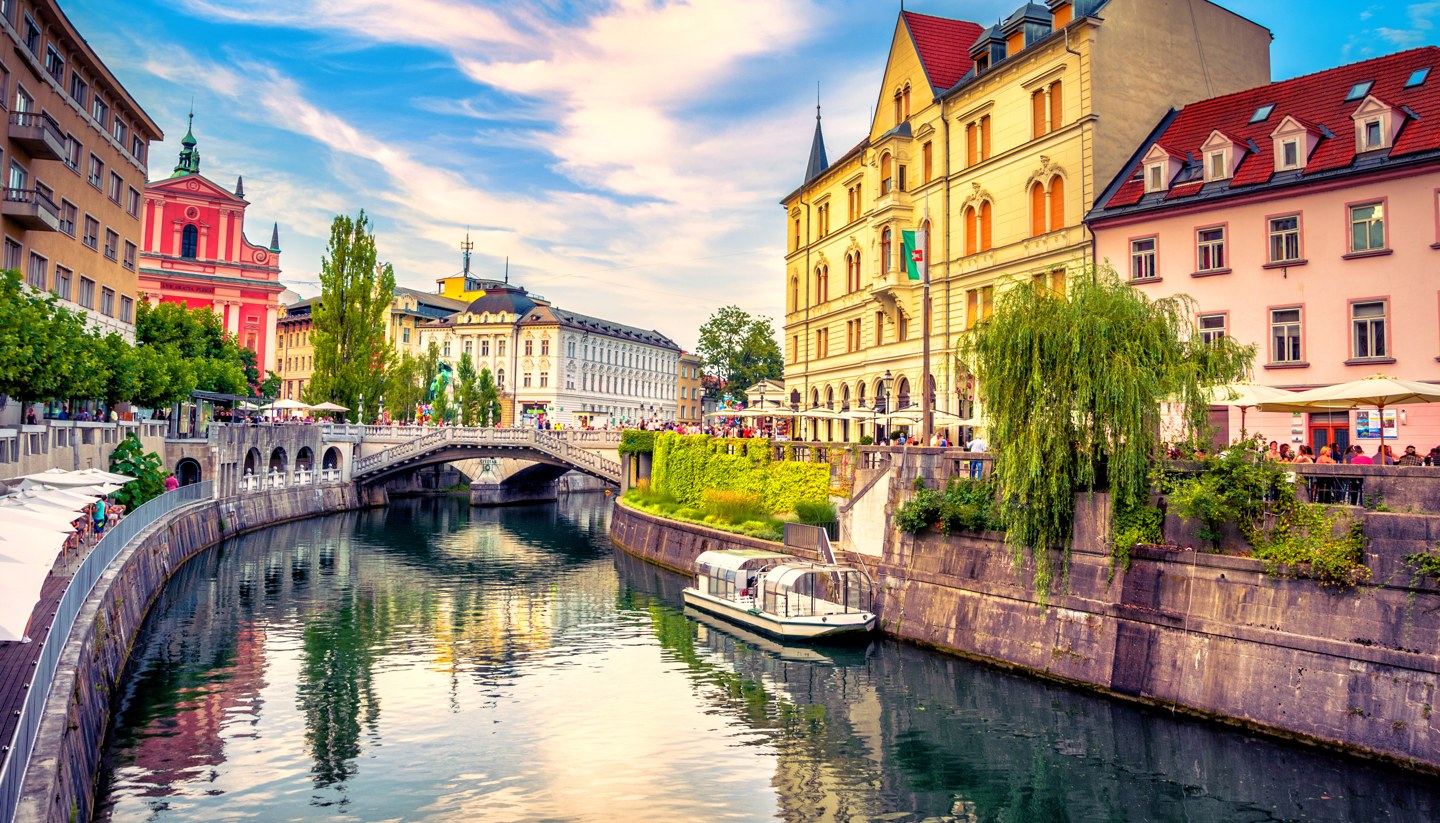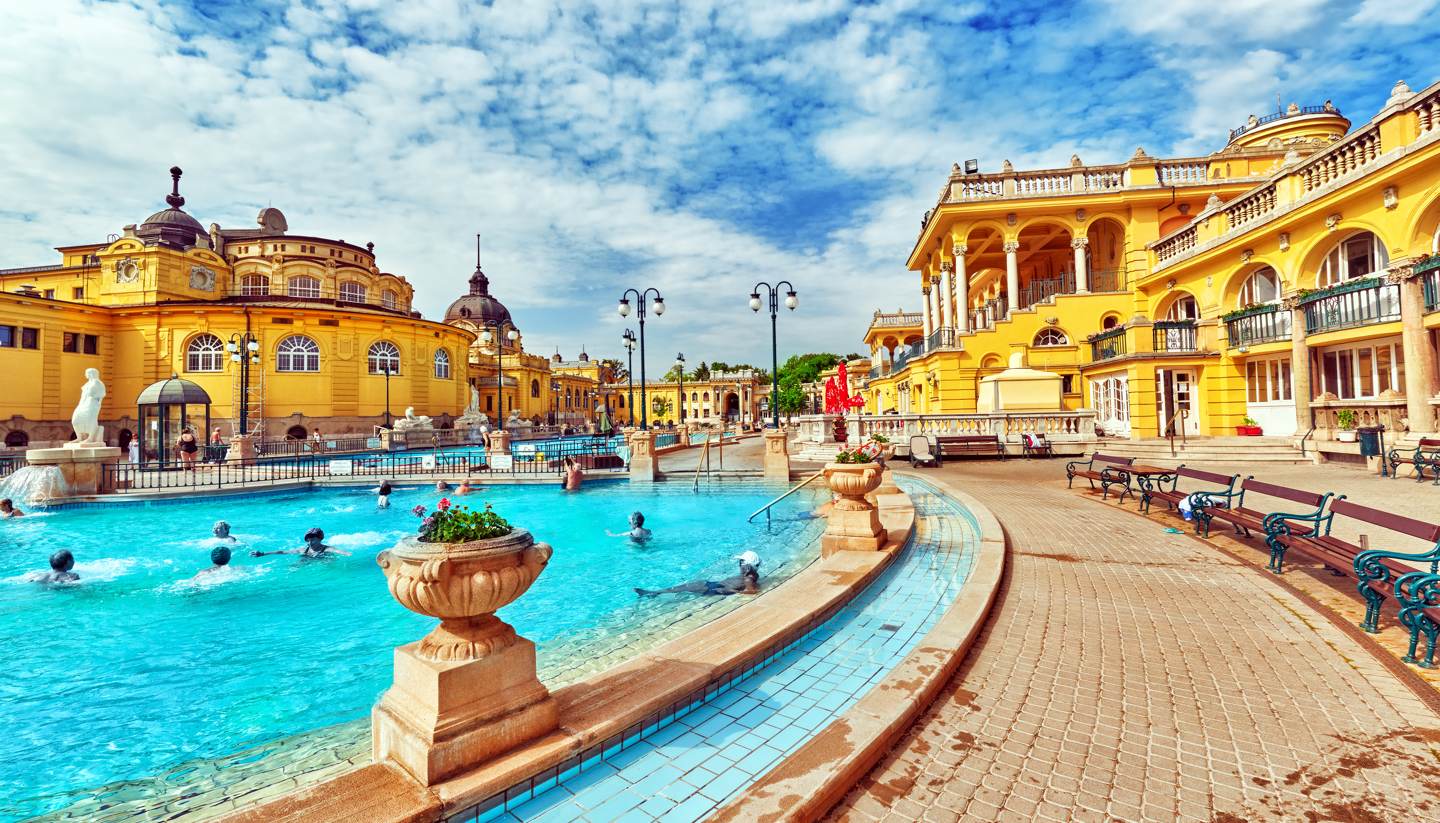Slovenia: Doing business and staying in touch
Doing Business in Slovenia
Punctuality is highly valued in Slovenian business practices, and meetings are expected to start on time. Business attire is typically formal, with men wearing suits and women opting for smart professional outfits, especially in more traditional industries.
Personal relationships play an important role in Slovenian business culture. While meetings are often formal, Slovenes value getting to know their business partners on a personal level. Small talk is common at the beginning of meetings and may include discussions about family, hobbies, or local culture. Building trust and rapport is essential, as Slovenes tend to prefer long-term relationships over short-term transactions.
When greeting business contacts, a firm handshake is standard for both men and women. It's polite to address people by their professional title and surname unless invited to use their first name. Exchanging business cards is customary. Gifts are not expected in formal business settings, but small tokens of appreciation, such as wine or chocolates, are well-received, especially when visiting someone's home or at a business dinner.
Slovenians are generally multilingual, with many business professionals speaking fluent English, German, or Italian. This facilitates international business dealings, but making an effort to learn a few basic Slovenian phrases can be appreciated. Overall, Slovenes value efficiency and mutual respect in business dealings. Demonstrating professionalism, a collaborative approach, and cultural sensitivity will help foster productive relationships in this charming and well-organised country.
Office Hours
Mon-Fri 09:00 to 17:00.
Economy
As a member of the European Union since 2004 and the Eurozone since 2007, Slovenia benefits from its strategic location at the crossroads of Central and Southeastern Europe, making it a vital hub for trade and commerce. In addition, its highly skilled workforce, excellent infrastructure, and political stability have also contributed to its reputation as one of the most developed economies in the region.
The Slovenian economy is export-oriented, with manufactured goods, machinery, and transport equipment forming the backbone of its international trade. Major trading partners include Germany, Italy, Austria, Croatia, and Hungary. Pharmaceuticals and high-tech products are also key contributors to the country's GDP, reflecting Slovenia's advanced industrial base and commitment to research and development. Additionally, the tourism sector plays an increasingly important role, with visitors drawn to Slovenia's natural beauty, historic sites, and outdoor activities.
Agriculture remains a small but significant part of the economy, focusing on wine production, honey, and high-quality organic produce. Slovenia's commitment to environmental preservation has also given rise to a burgeoning green economy, with investments in renewable energy, sustainable tourism, and eco-friendly manufacturing processes. This emphasis on sustainability aligns with the country's vision for long-term growth and environmental stewardship.
GDP
US$ 68.22 billion (2023).
Main exports
Manufactured goods, pharmaceuticals, electrical equipment, metals, rubber and plastic goods.
Main imports
Machinery and transport equipment, chemicals, pharmaceuticals, fuels, food and beverages, and electronics.
Main trading partners
Germany, Italy, Austria, Croatia and Hungary.




